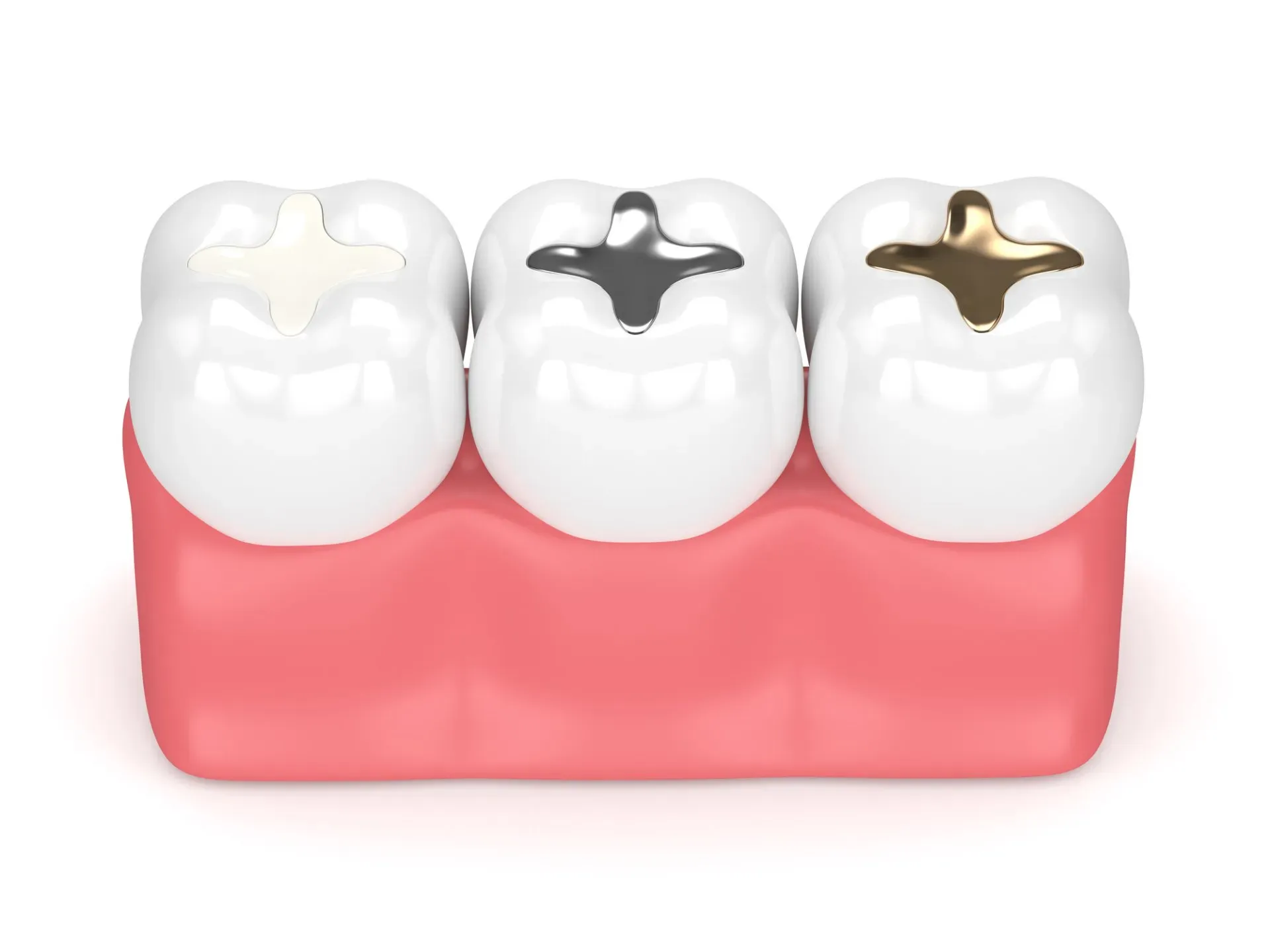Factors That Affect Teeth Whitening Frequency
Teeth whitening procedures rarely give permanent results. You may have to retreat your teeth occasionally to maintain your desired level of whiteness. Many people don't know how often they should bleach. On the one hand, too frequent treatments might be unnecessary or bad. On the other hand, extremely infrequent treatments might not get you the results you need.
The following factors determine how often you can or should bleach your teeth.
Diet
Your diet affects the color of your teeth. Colored foods and drinks can penetrate your enamel and discolor your teeth. Examples of such food and drinks include:
- Coffee
- Red wine
- Berries, such as blackberries
- Tomato sauce
Acidic foods or drinks, such as energy drinks, also increase your risk of teeth discoloration. The acid softens your enamel and makes them susceptible to discoloring agents. Your teeth will discolor fast and necessitate frequent whitening if your diet consists of such foods.
Dental or Oral Habits
You will also need frequent whitening if you have oral or dental habits that contribute to dental staining. Examples of such habits include:
- Over-brushing, which softens your teeth and makes them susceptible to staining
- Smoking, which causes direct staining due to cigarette smoke and nicotine
- Poor oral hygiene, which leaves staining agents on your teeth for extended periods
Note that the reverse is also true - abandoning such habits reduces your whitening frequency.
Dental Sensitivity
Dental sensitivity is one of the side effects of bleaching. The bleaching agents dissolve some of your enamel's minerals, making your teeth porous. Extreme temperatures easily penetrate porous teeth and trigger some discomfort or mild pain.
Some people have sensitive teeth even without bleaching. If you are such a person, bleaching might make your teeth extremely sensitive. In such a case, you may want to space out your whitening treatments to reduce the sensitivity.
Type of Treatment
Multiple forms of teeth whitening procedures exist. Examples include:
- Laser teeth whitening
- Whitening toothpaste
- Whitening strips
- Whitening gels
Some of the procedures are suitable for DIY treatments, while others are reserved for dentists. The treatments also have different effectiveness. For example, most in-office treatments are more effective than DIY treatments.
DIY whitening calls for more frequent treatments than in-office treatments. For one, the effectiveness of in-office treatments means the treatments are long-lasting. Secondly, at-home treatments often have lower concentrations of bleaching agents than in-office treatments. Frequent bleaching with lower concentrations is safer than with higher concentrations.
Required Shade
Teeth whitening procedures produce different shades of teeth. The shade depends on different factors, such as:
- The initial degree of discoloration
- The cause of discoloration
- The type of treatment
Typically, your teeth' shade will degrade with time after the treatment. Thus, you need frequent treatments if you want to maintain the initial whiteness.
Product Recommendation
Read the packaging instructions if you are using at-home bleaching kits. The instructions may specify how often you can or should use the product. Pay special attention to the minimum wait period before retouch and don't exceed it. Otherwise, you might experience severe side effects, such as extreme sensitivity.
Dentist Recommendation
Ideally, you should always consult the dentist before bleaching your teeth. This advice holds whether you want in-office bleaching or at-home bleaching. The dentist will:
- Examine your teeth for conditions that might
- Recommend products to use
- Advise you on bleaching safety
A dental consultation is particularly critical the first time you want to bleach your teeth. The dentist will advise you on the frequency of retouching based on your desired outcomes, among other factors.
University Dental P.A. has extensive experience with cosmetic dentistry. We also offer other forms of dental treatments, including preventive care. Contact us for an appointment and benefit from our professional services.







